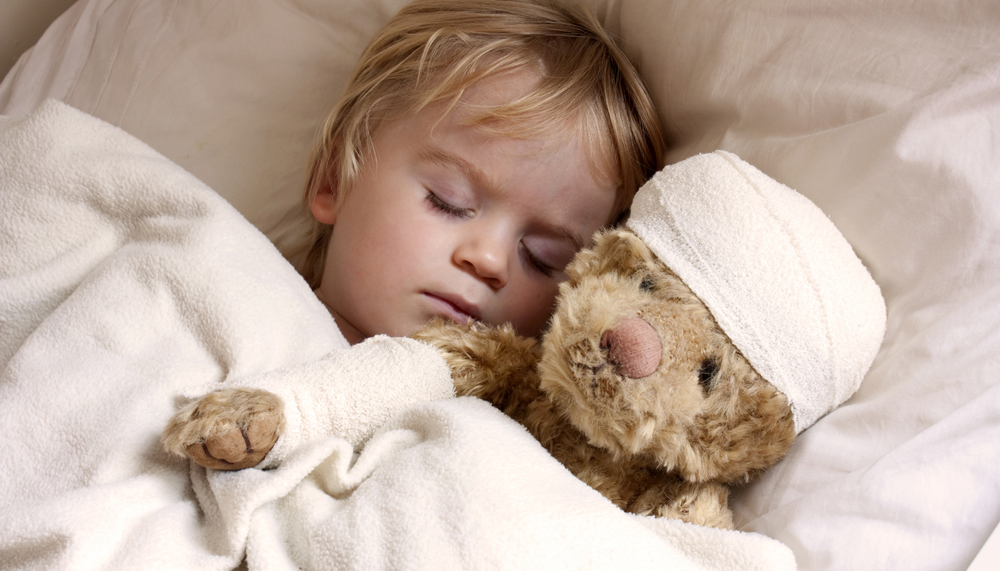An international expert in children’s nursing spotlighted the changes, challenges and future of paediatric nursing at a public event recently.
Caring for sick children has changed dramatically in the past 50 years and those changes were a major focus in a presentation recently by Professor Bernie Carter, a visiting fellow at the school of nursing and midwifery at the University of Tasmania. She is also professor of children’s nursing at the University of Central Lancashire in Britain.
Carter says how one of the first big changes in the sector came about as a response to seminal UK research by James Robertson, in the 1940s, into the effects of hospitalisation on children. As a result of his research it was eventually acknowledged that children’s developmental level can put them at particular risk of psychosocial distress and iatrogenic harm.
Although Robertson’s research was initially dismissed by the British Paediatric Association, his continuing work on the matter, together with the Platt Report, slowly shifted practice to a more humanitarian and child-centred approach.
The United Nations’ Convention on the Rights of the Child (1989) was integral in shaping and informing nursing practice, Carter points out. At about the same time, new understanding was beginning to reframe the way in which children were perceived and the distinction between physical health and psychosocial care became blurred. “Their agency started being acknowledged and integrated into the way we cared,” Carter says.
By the 1990s, she says, family-centred care (FCC) became fairly widespread and is now almost universally acknowledged as best practice. “FCC acknowledges that children who are acutely sick or who have long-term illness or disability can only be cared for effectively if we understand their family context,” she says.
The acceptance of FCC has had many benefits she says, including recognition of the importance of not separating children from their parents. As a result, children’s nurses now know that if the care is to be holistic, they have to address not only the needs of the patient, but also those of the parents and siblings.
Research has also led to an emphasis on care being provided at home whenever possible. “This lessens the need for children having to be admitted to hospital,” Carter says. “For those who do need to be hospitalised, it ensures that episodes of hospitalisation are as short as possible.” The result has been a shift in the location of care with many of those with complex health needs being cared for at home, including those who would previously have spent years of their lives in hospital.
Further research into children’s experience of healthcare, which is often done by nurses, is deepening the understanding of how they interact with illness.
“Children’s fears, anxieties and concerns are now better understood, allowing care to be individualised and personalised to promote well-being,” Carter says, adding there has been particular focus on pain management, clinical holding or restraint, and understanding of diagnoses.
Carter says recognition that children’s nursing as a unique area of care has also risen and led to more career pathways – such as in research, management, leadership and education – that didn’t exist before the 1970s. Nursing specialities have also changed, with many different areas in paediatric care opening up, such as cardiac, mental health and neonatal.
The future for the sector is bright but challenging, she believes. It includes adapting to changing patterns in health and illness, such as the increase in childhood obesity and its impact on morbidity and mortality. “This generation of children may not live as long as their parents,” she says.
Conditions such as type 2 diabetes, which used to be seen solely as adult diseases, are now found in children as well, while climate change and shifting patterns of migration will also bring about new patterns of disease.
“Child and adolescent mental health is increasingly important,” she says. “Mental health is now a major challenge in children.”
Other new developments include shifts in the relationship between children and medication. “There are significant and major gaps in our knowledge of paediatric medicine,” Carter says. “Better research will have a major impact on regimes, delivery, care and outcomes.
She says nurses need to become more politically engaged with all children, not just those they care for. “At the moment we rarely speak out and because children’s nursing is a small segment of nursing, we are often overlooked,” she says. But there is great potential for collective action.
Do you have an idea for a story?Email [email protected]
 Aged Care Insite Australia's number one aged care news source
Aged Care Insite Australia's number one aged care news source

